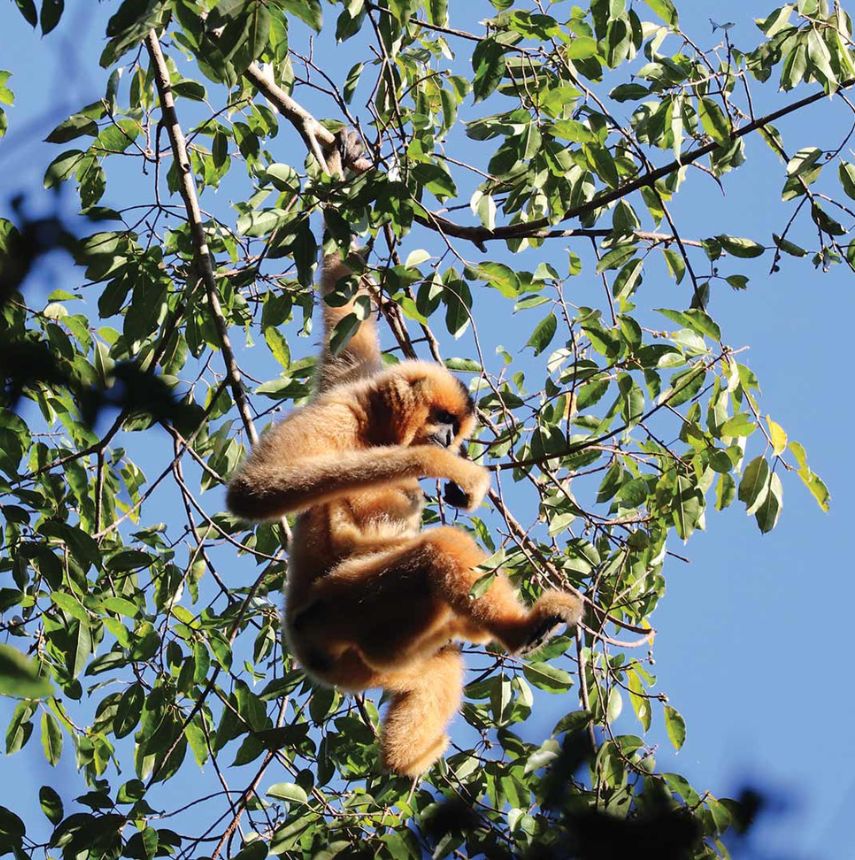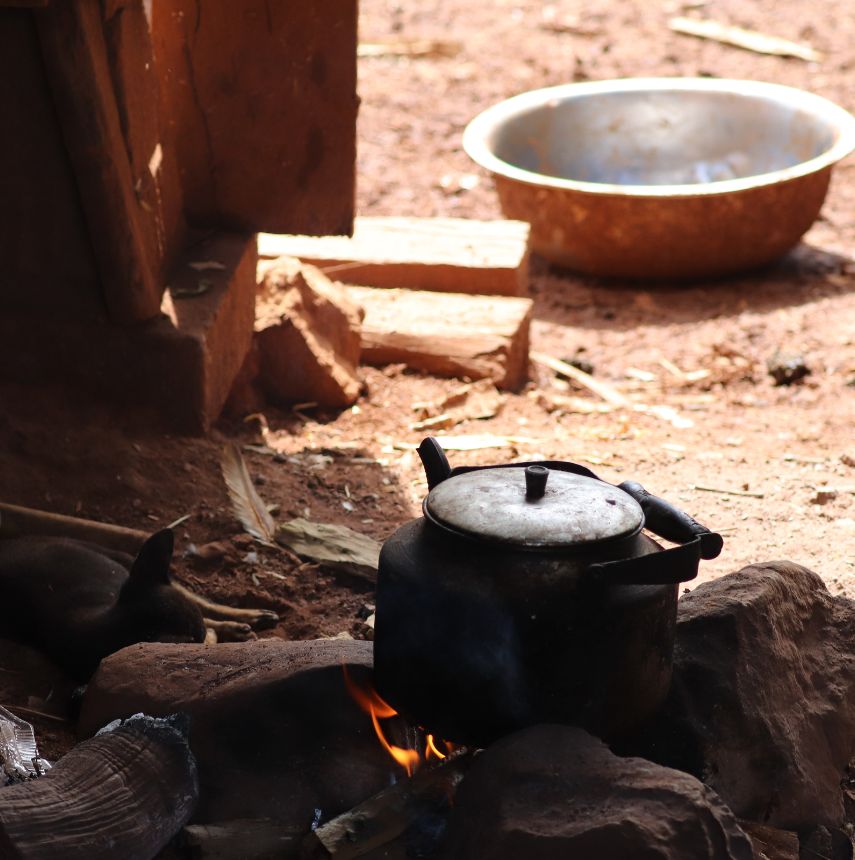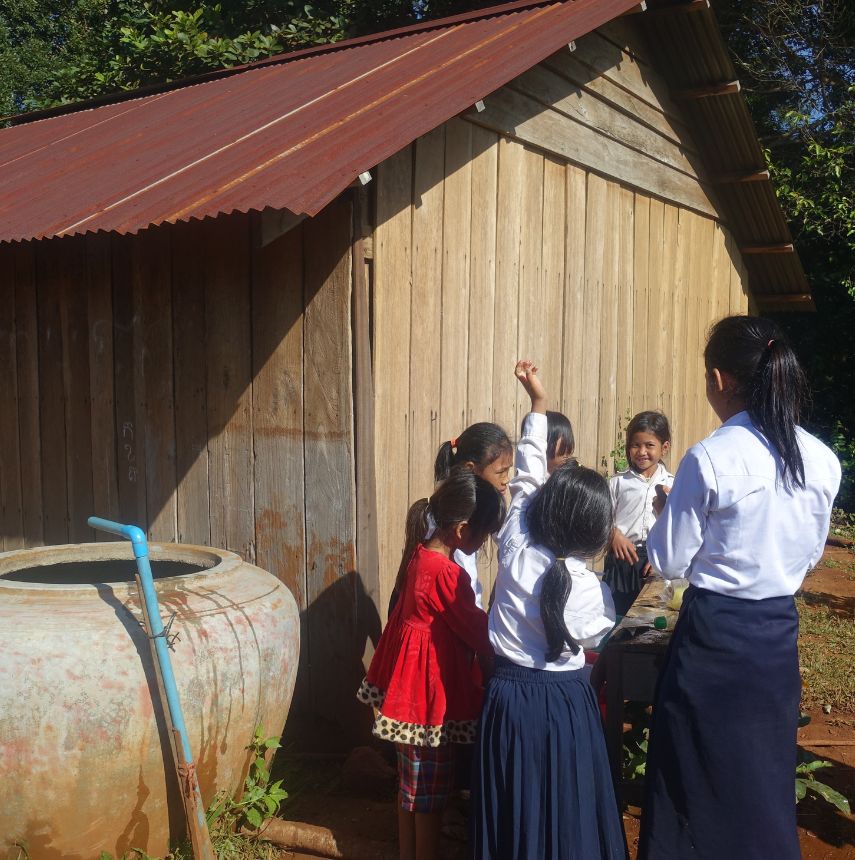
Water Collection Ain’t Fun

I didn’t grow up in poverty. Weekly water fetching was just part of our family’s normal summer experience growing up on a small rural lake in eastern Pennsylvania. For three months each year, we drank and cooked with this water, miraculously managing to avoid giardia. We tolerated our “primitive” lifestyle partly because it was temporary. Come September, we’d load up the Buick station wagon and head back to nine months of pure running tap water and all the accompanying modern conveniences: washing machines, dishwashers, showers and four different sinks, all of which filtered out frogs and salamanders. For my family, drinking hand-drawn water from a well, and the effort involved, was little more than a minor inconvenience. Even so, I made sure to complain with every bucketful.

The Bunong never complains. And for them, living in the hill country in Mondulkiri, Cambodia, water collection is a major inconvenience, and risky, too. Last year, as a visiting professor from Houghton University studying human ecology, I sat in the stilted, clapboard houses of a handful of gracious — and impoverished — Bunong, as they told me about their lives and routine hardships.
Water, unsurprisingly, neared the top of the list. Unlike my family with our nearby well, the Bunong had to have water trucked into their homes, an expense many households could ill-afford. In some cases, the untested water they drank harbored debilitating pathogens far worse than any threats we might have faced in Pennsylvania. For the Bunong, the result of this system was an ever-deepening poverty trap: regular bouts of sickness that inhibited time spent in other gainful activities — activities needed to advance the household out of its poverty. One root of this problem: Unclean water came at a cost.
World Hope International recognizes this problem. One of its ventures, TapEffect, is remarkable in its efficacious simplicity: the installation of clean water piped directly into homes. Benefits are threefold: safeguarding a household’s health, expense and time. With pipes in place, gainful activities can fill the hours previously exhausted on dubious water collection.

Turning a tap is something most of us take for granted. I sure do. It’s partly why I’m thankful for those idyllic childhood summers that involved weekly trips to our antiquated well. When I close my eyes, I can relive the memories: the groaning lid, terrified frogs and my socks, always baptized by the time I was home. In the carefree context I grew up, water collection was quaint. For the Bunong, trapped in poverty and cyclic issues of waterborne illness, it ain’t.

Eli J. Knapp
Special Content Contributor
Professor Eli Knapp ’00 teaches courses in ecology, biology, ornithography and conservation at Houghton University. He is the author of numerous articles and books, including The Delightful Horror of Family Birding: Sharing Nature with the Next Generation and Dead Serious: Wild Hope Amid the Sixth Extinction.
